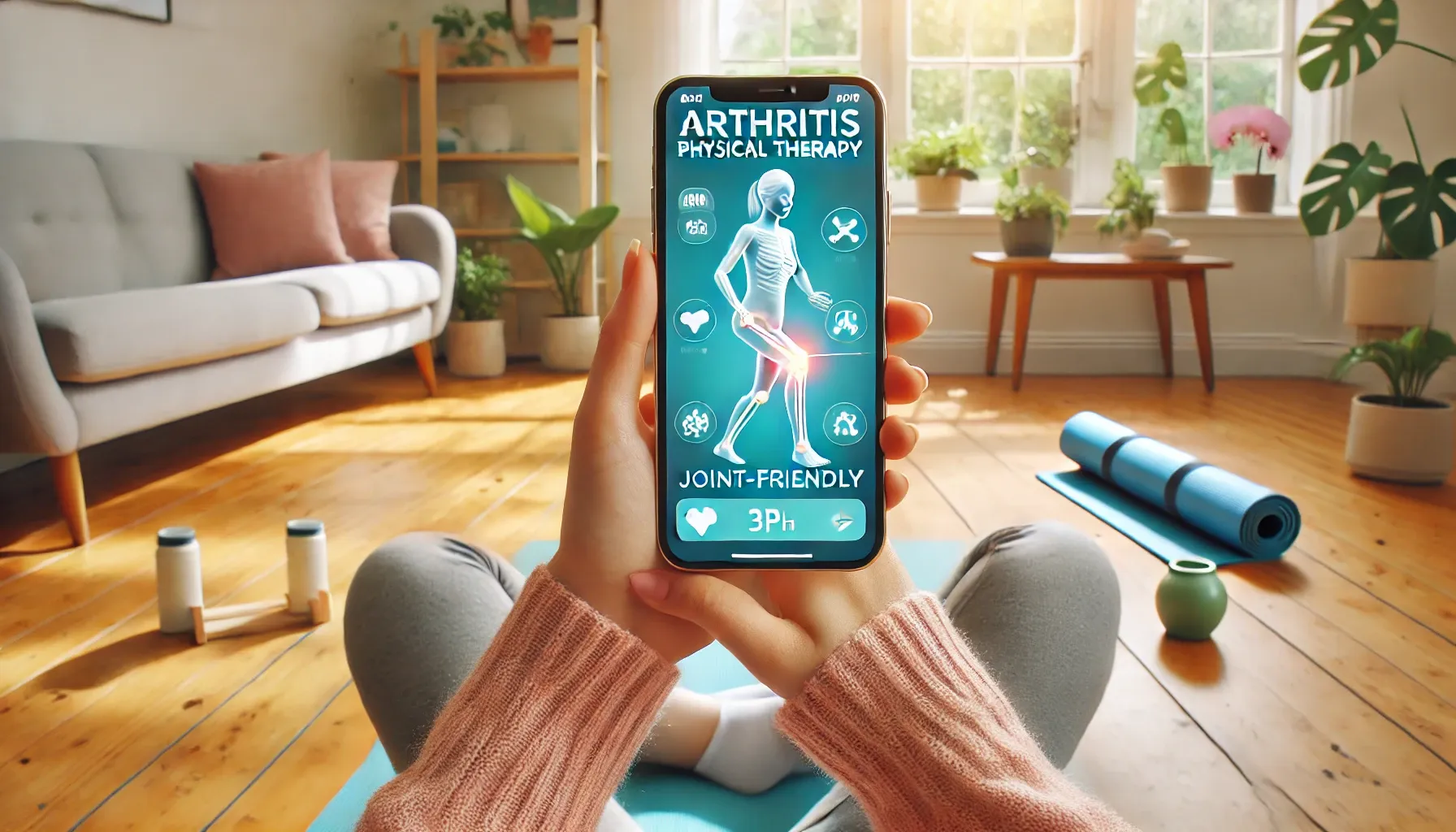The 5 Most Effective Treatments for Psoriatic Arthritis
Psoriatic arthritis affects more than just joints—it brings fatigue, skin flares, and emotional strain. But in 2025, treatments have advanced, with targeted therapies easing both joint and skin symptoms. Here are the top 5 treatments people are turning to now.

1. Biologics That Target Inflammation at the Source
Biologic drugs like Humira, Cosentyx, Taltz, and Skyrizi have become game-changers. These medications target specific immune system proteins (like TNF, IL-17, or IL-23) responsible for inflammation. They're often used when other treatments fail—and the results can be dramatic. Less joint pain. Clearer skin. Better quality of life.
2. JAK Inhibitors (The Newest Oral Options)
If you’re looking for a non-injectable option, JAK inhibitors like Tofacitinib (Xeljanz) and Upadacitinib (Rinvoq) are changing the game. These pills work by interfering with the overactive immune signals causing your symptoms. They're ideal for people who don’t want injections but still need powerful relief.
3. NSAIDs and DMARDs (Still Effective, Especially Early On)
Traditional medications like methotrexate and sulfasalazine—classified as DMARDs—are still used to slow joint damage, especially in early or moderate cases. Combined with NSAIDs for symptom relief, these options offer a strong foundation for those starting out or not ready for biologics.
4. Physical Therapy & Movement Plans (Not Just Exercise)
Movement matters—but it needs to be the right kind. More patients are turning to psoriatic arthritis-specific physical therapy, focused on increasing flexibility, strengthening joints, and managing fatigue. Newer tech, including AI-guided home therapy apps, are also helping patients stay consistent without overexertion.
5. Lifestyle + Nutritional Tweaks That Support Treatment
From anti-inflammatory diets (think Mediterranean) to stress reduction techniques like CBT and mindfulness, lifestyle support is becoming a key part of treatment. While not a cure, these changes often boost the effectiveness of medications—and help people feel more in control of their day-to-day symptoms.

